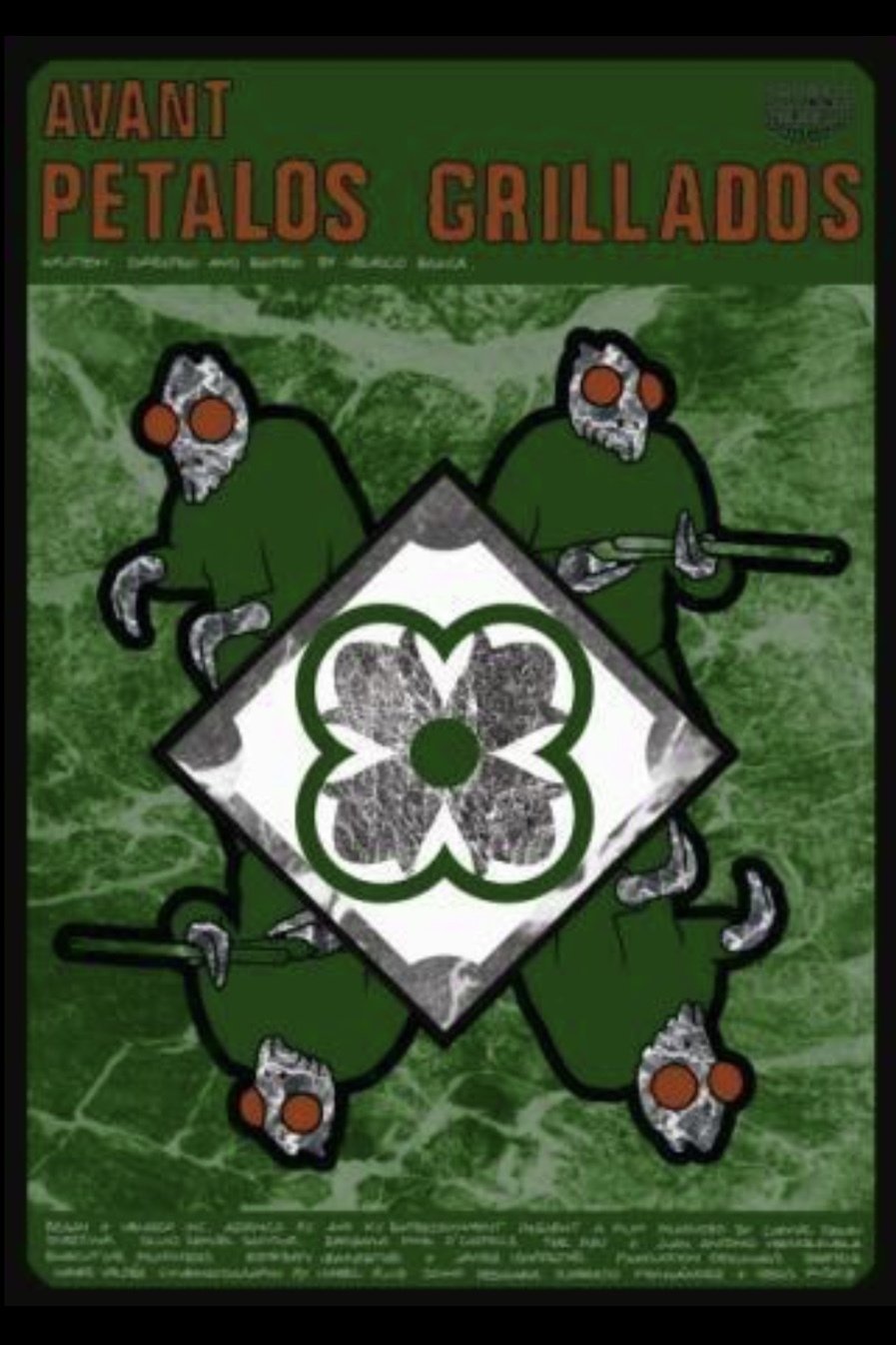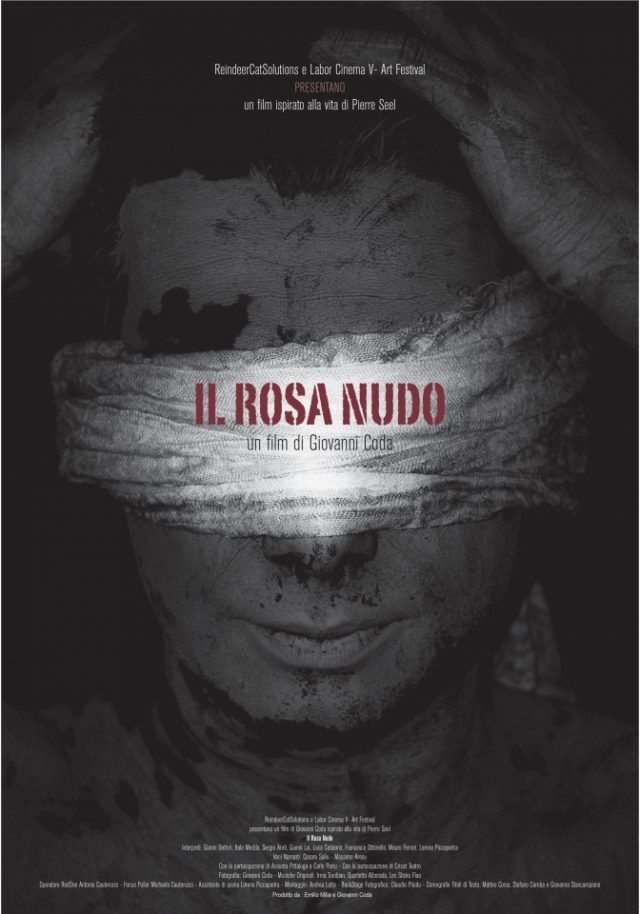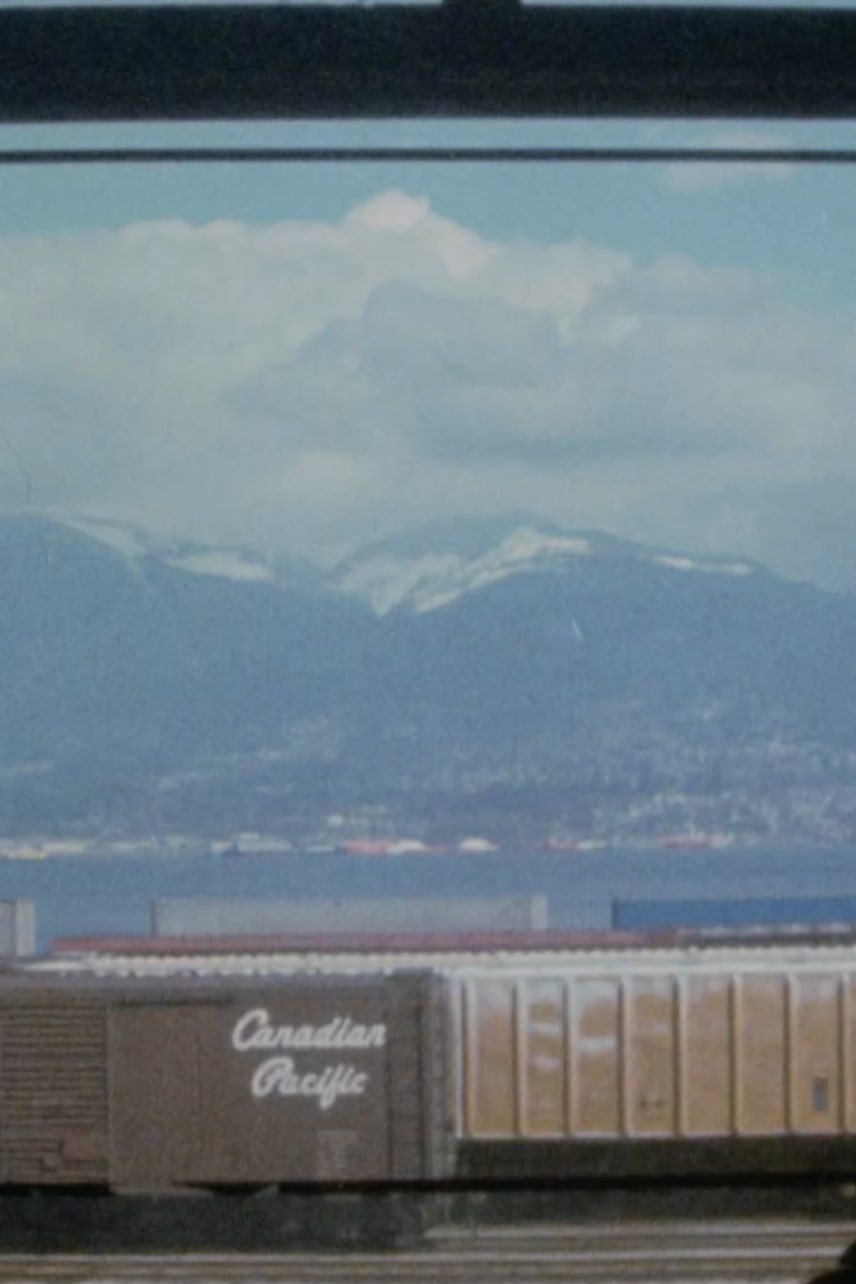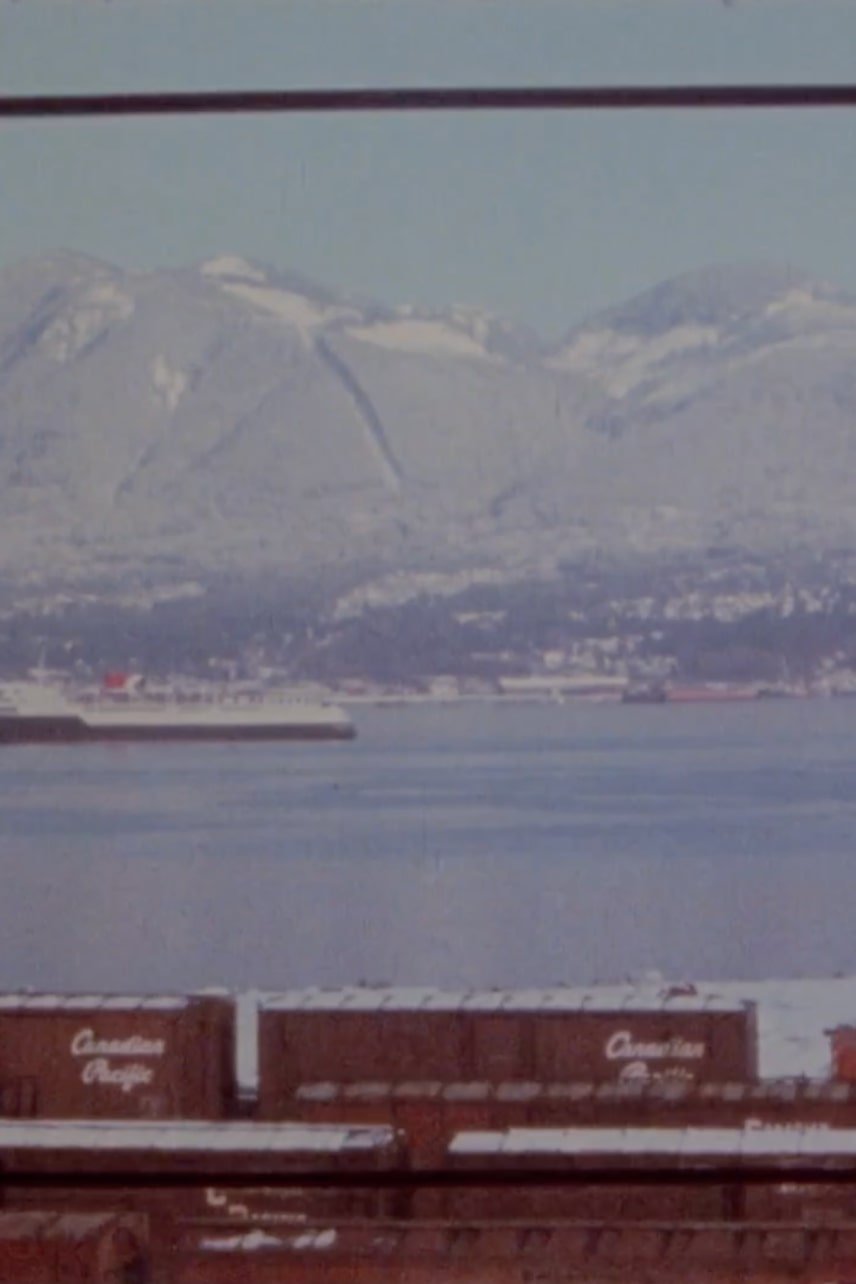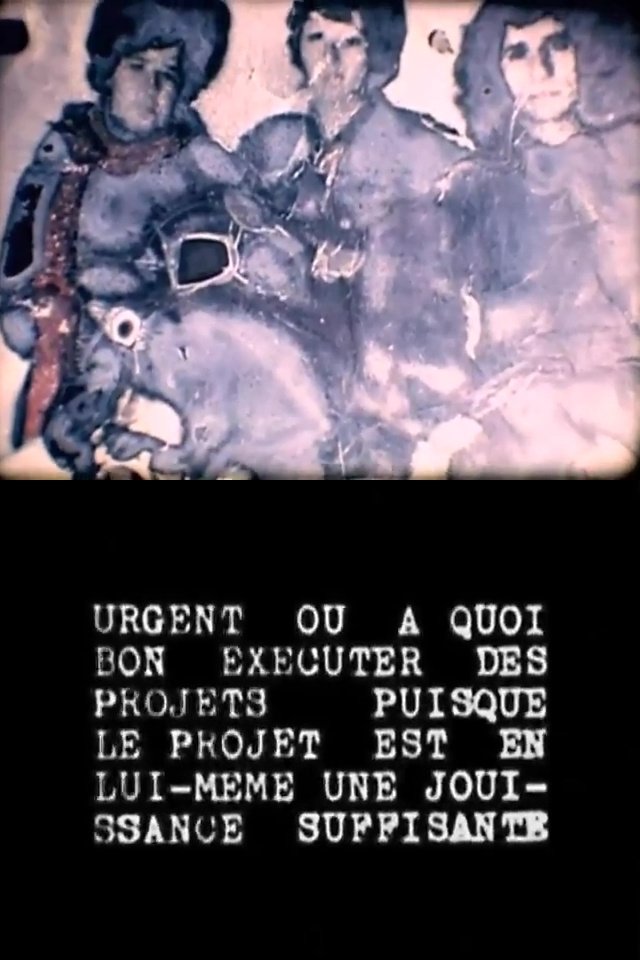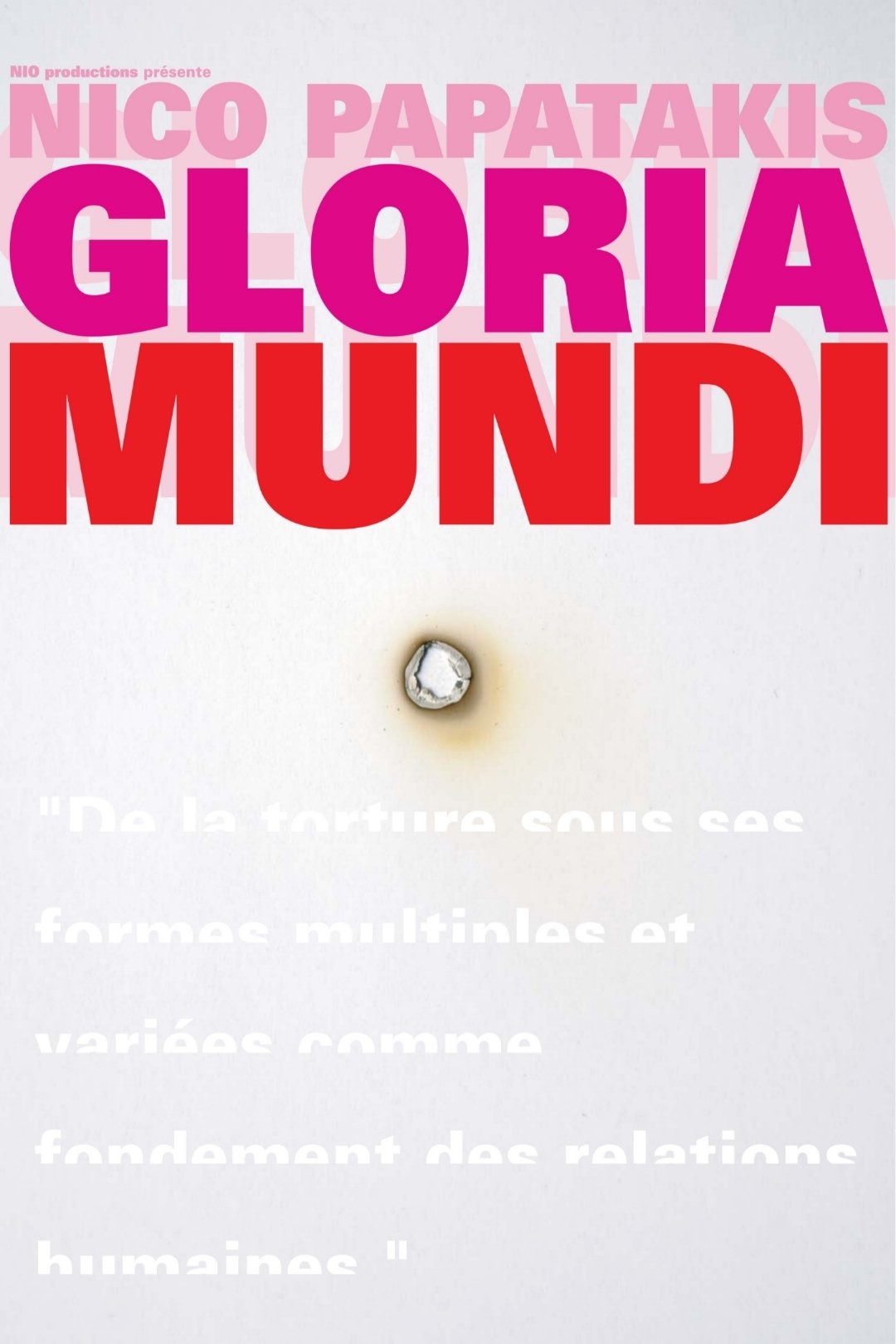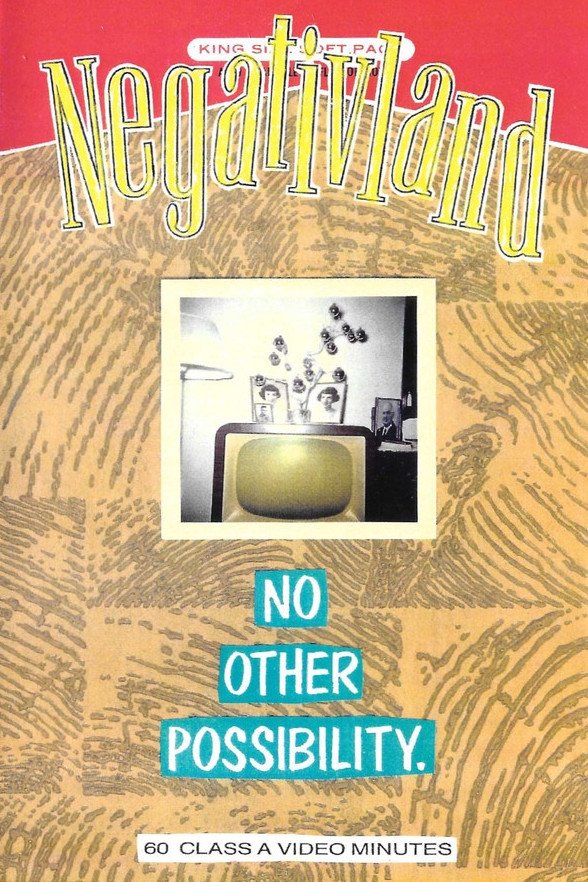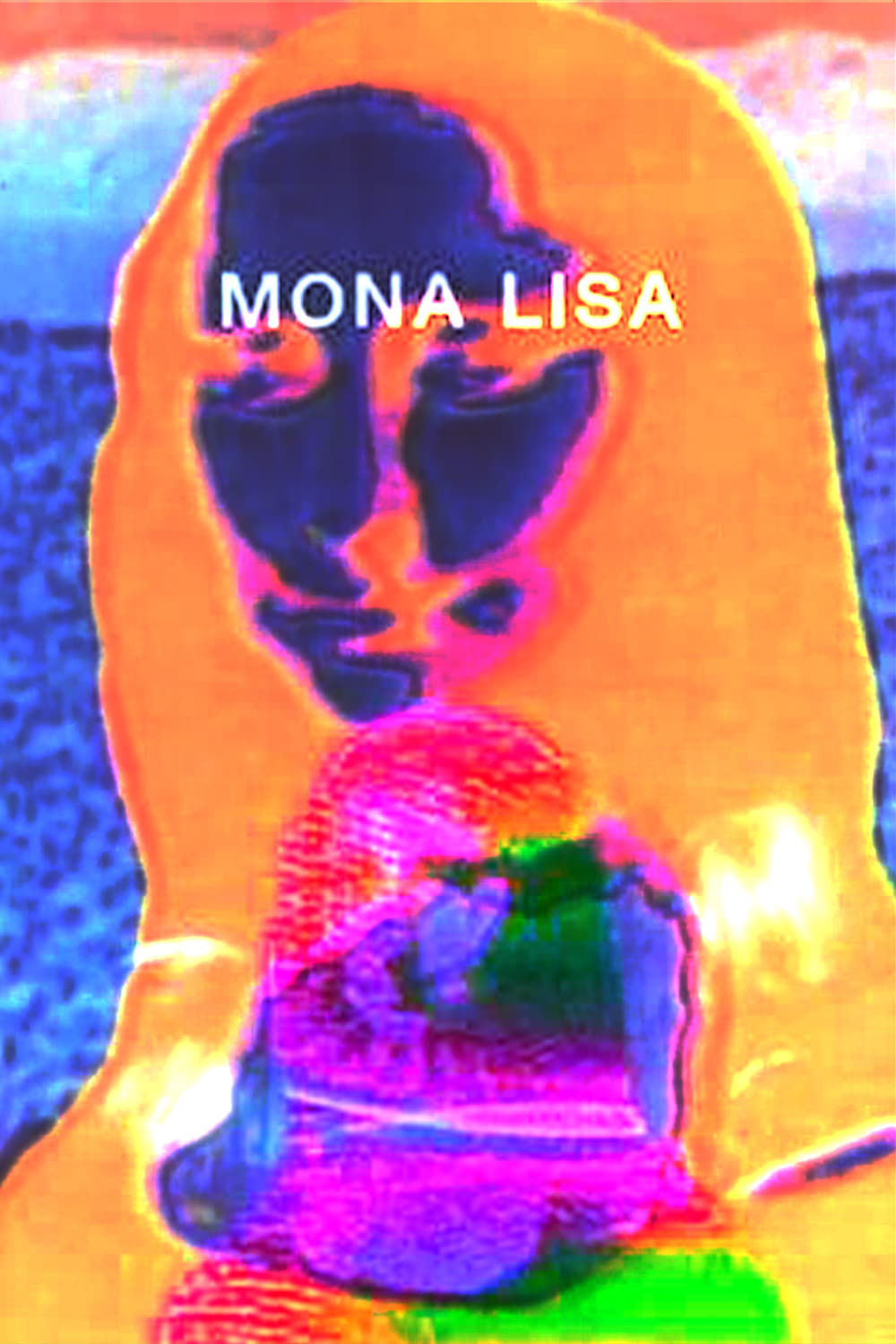Devils Reign
Watch Movie
Share
Devils Reign
2013
0h 5m
0.0(0 votes)
Overview
Single channel HD video. Part of the "Distortion III" video album.
Production Companies
Similar Movies
Recommended Movies

No Recommendations Yet
We're working on finding the perfect movies for you. Check back soon!
More movies coming soon
